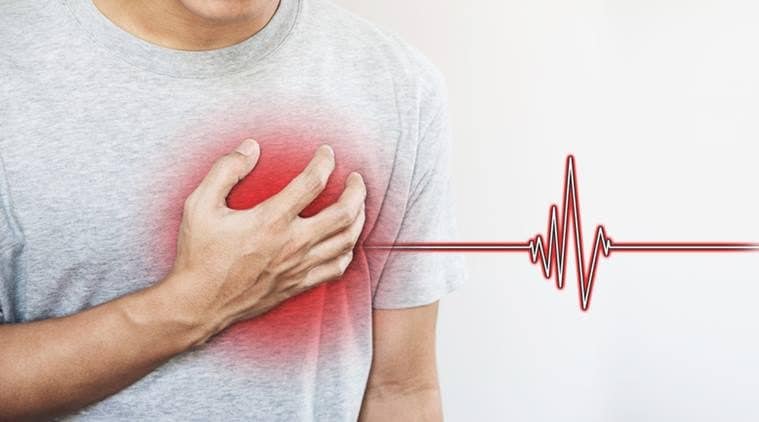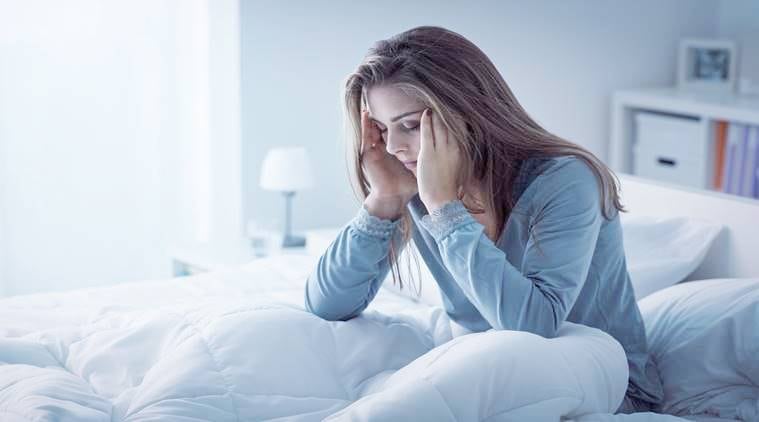It is important to understand the role of professional treatment, including a combination of medications as well as psychological approaches in reducing the symptoms of anxiety disorders, including phobias.

A phobia is an anxiety disorder which is characterised by a persistent and excessive fear of a specific object or situation, in which the fear is not just excessive, but typically is out of proportion in response to the trigger for the fear. Neophobia, which is a type of a specific phobia, can be characterised as extreme or irrational fear or dislike of anything new or unfamiliar. For example, it is quite common for children to develop a fear of new food items, or new places.
“In addition, such an anxiety typically leads to intense distress in the presence of the trigger, as well as in anticipation of the same. As a consequence, the individual tends to develop an avoidance of such situations in the future, indulging in ‘safety behaviours’. It is important to note that the symptoms are not in proportion to the stimulus and are not in tandem with the socio-cultural context for the individual,” Dr Samir Parikh, consultant psychiatrist, director of Department of Mental Health and Behavioral Sciences, Fortis Healthcare tells indianexpress.com.
ALSO READ | Mysophobia: All you need to know about the fear of germs
How does a person develop Neophobia?
As is the case in other phobias, there is no one single causative factor to which the etiological development of the disorder can be attributed to. In fact, there are multiple contributing factors which have been found to interact towards the development of such phobias, including an interaction between genetic, biological, and psychosocial factors.
ALSO READ | Trypanophobia: All you need to know about the fear of injections or needles
For instance, the role of neurotransmitters like serotonin could be implicated in the causation of any anxiety disorder, or genetic factors, psychological and social stressors and other life-challenges can be a trigger for the development of a phobia,” adds Dr Parikh.
Know the symptoms

As mentioned above, the symptoms of a phobia include experiencing an irrational and excessive fear associated with a specific trigger, which is out of proportion to the stimulus, along with which the individual tends to experience intense distress when in the presence of the feared stimulus, in anticipation of the same, as well as a consequent avoidance of the same.
The experience of anxiety symptoms could include the following:
Physical symptoms:
*Breathlessness
*Sweating
*Heart pounding
*Trembling
ALSO READ | Agoraphobia: All you need to know about the fear of being in open or closed spaces
Psychological symptoms:
*Feeling of losing control
*Low self-esteem
Behavioural symptoms:
*Fatigue
*Restlessness
*Disturbed sleep
*Irritability
*Avoidance of anxiety provoking situations
*Seeking reassurance

Are there any treatment options?
It is important to understand the role of professional treatment, including a combination of medications as well as psychological approaches in reducing the symptoms of anxiety disorders, including phobias. Aiming at providing relaxation techniques, such approaches also help the individual boost his/her confidence and self-esteem and encourage the person to face the anxiety provoking situations.
“Further, a combination of medications and psychological approaches, social skills and assertiveness training could help regulate the production of ‘serotonin’, the neurotransmitter in the brain which contributes to anxiety, while also developing more adaptive coping mechanisms in response to the feared stimulus,” says Dr Parikh.
ALSO READ | Does water make you feel anxious? Here’s what you need to know about Aquaphobia
He adds that SSRIS as well as other anti-anxiety medications have been found to be beneficial in the treatment of anxiety disorders, including phobias.
For a family member of an individual suffering from a phobia, it is important to understand that phobias are treatable, and professional help is irreplaceable. It is important for the person suffering to not be ridiculed for lack of confidence and courage. Further, it is imperative to encourage a supportive environment for the earliest identification and adequate psychiatric and psychological intervention.
Source: Read Full Article
